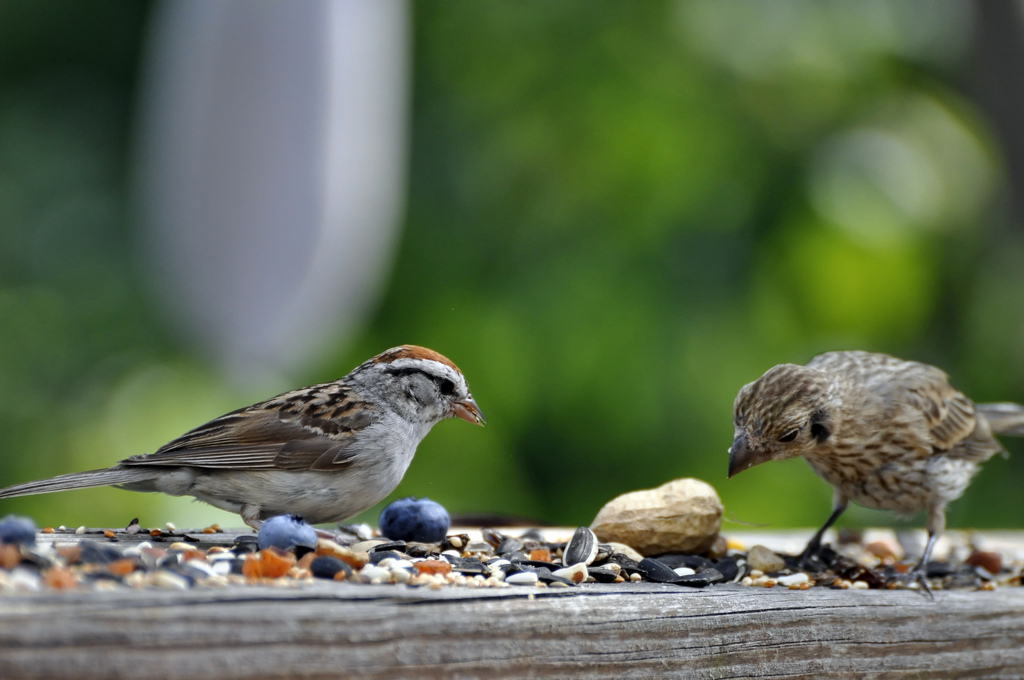As long as you’re here, why not subscribe to the Global Comment podcast on iTunes or Soundcloud for interviews with thoughtful and creative people?
And hey: Much like public radio, we’re listener supported. If you enjoy our work, please consider supporting us with a one time or recurring donation.
The Least Politically Prejudiced Place in America (Amanda Ripley for The Atlantic)
You are more likely to interact with someone in Jefferson County with different political views—in your neighborhood and even in your own home—than you are in other places. And these interactions can make life uncomfortable. But they also seem to inoculate people against the worst tendencies of our time. Instead of provoking rage, these encounters seem to provoke something like complexity.
The girl who was never
meant to survive (Georgina Pearce for BBC News)
Among the open fields and expansive skies of their Midwest town, the Shepherd house is hosting a family breakfast. The living room is full of the noise and chaos of 13 children. Toddlers run across the room while older siblings discuss an upcoming wedding, laughing and joking.
Behind the Hype of Apple’s Plan to End Mining (Maddie Stone for Earther)
Before all those ingredients can be assembled together in one highly-functional, hand-held rectangle, they must be extracted from ores using hands, shovels and hammers, heavy machinery, and explosives. Those ores are then smelted and refined into metals with desirable properties, before being molded, cut, screwed, glued, and soldered into products that get stuffed into packages and shipped worldwide for sale. Every step in this production process requires energy, and in our fossil fuel-powered world, that means dumping climate-warming carbon dioxide into the air. All told, Apple estimates that 77 percent of its carbon footprint comes from manufacturing. That’s not unusual for the industry.
Hitting the road (Britta Lokting for Curbed)
Skoolie life is built on the idea that happiness and desk jobs are like oil and water. A fast-growing branch of the van life community, many of them millennial parents, is trading its homes and jobs to live in school buses in rebuff of the so-called American dream. Skoolies believe in a life free of picket fences, 401Ks, and 30-year mortgages—all the securities their baby boomer parents coveted. “We knew early on we wanted a different life than our parents,” says Amanda Smith, who lives on the Giant White Bussalo with her family of five. “Our parents just worked nonstop every day. We didn’t want to do the ‘you get married, buy a house, have babies, and pay off your debt the rest of your life.’”
Horses, Depression, and Me: How Riding Changed My Life (Mari Sasano for The Walrus)
But, for me, going back to riding wasn’t simply about taking up a hobby. In the fall of 2017, when the therapist I wanted to see wasn’t able to fit me in, horseback riding became a good second choice. I was already aware of the tradition of equine therapy: with a horse, you get instant feedback on how you are in the moment. Are you tense? Angry? The horse feels it and reacts in kind. Movement in response to tension is tense. Movement in response to anger often ends with you lying in the dirt. You always need to be aware of how you are holding yourself mentally, emotionally, and physically. Where are your arms and legs? What is the angle of your body in the saddle? Are you providing confident leadership or transmitting anxiety and fear?
Photo: Likeaduck

